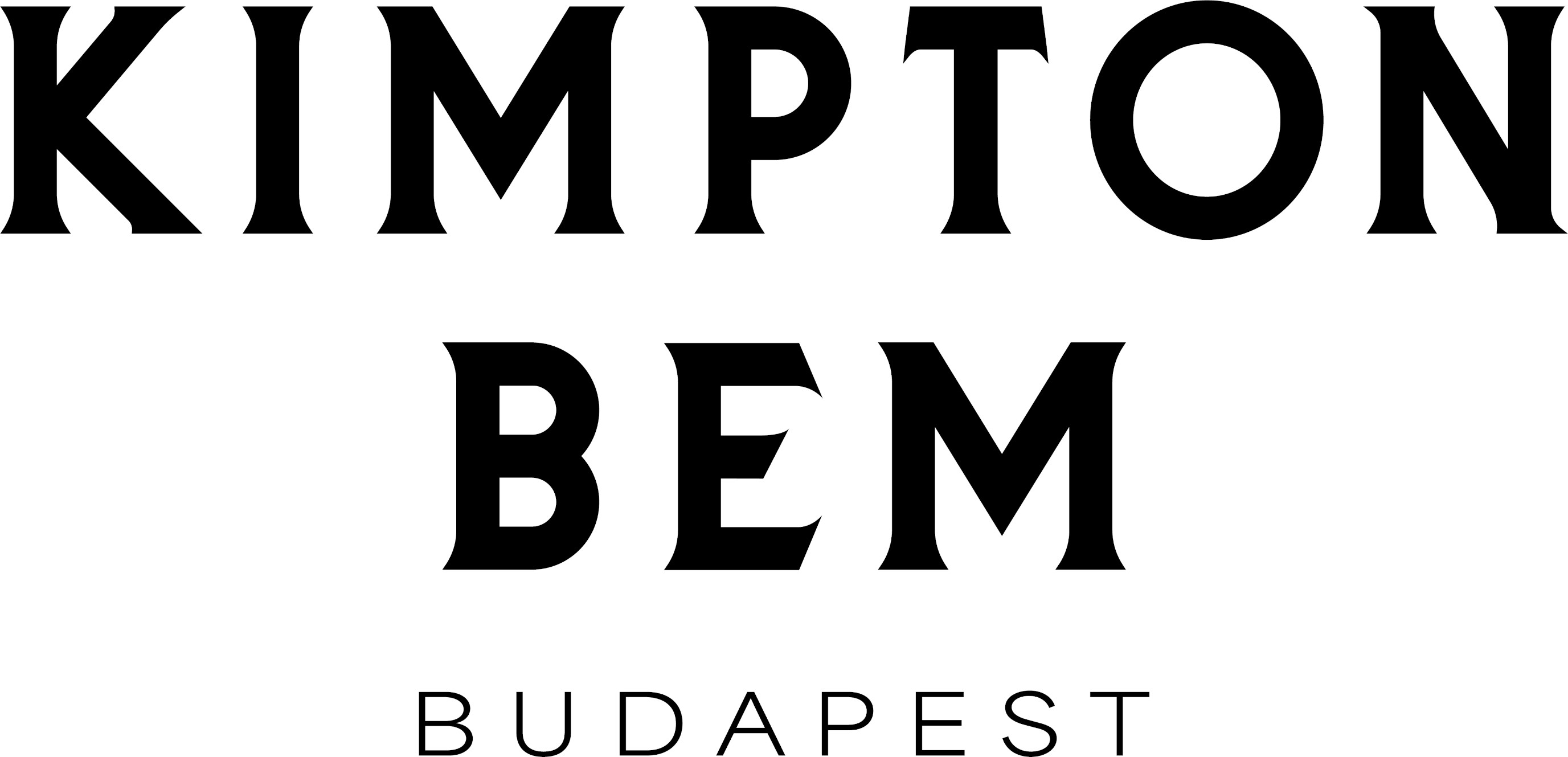Orbán: NATO Membership ‘Vital to Hungary’
- 20 Feb 2023 11:18 AM
- Hungary Matters

Following the example of Austria and Switzerland, he said, Hungary could “entertain the idea of neutrality”, but “history does not allow us this luxury”. He emphasised, at the same time, that NATO was a defence alliance rather than a “war alliance” or “war coalition”.
NATO membership does not come with any obligations beyond joint defence, and the alliance’s member states cannot expect each other to attack a third country together for some shared military objective, the prime minister said.
If some NATO members want to go to war beyond the territory of member states, then they must do so outside the framework of NATO, he said, adding that whoever believed that war could be controlled or managed step by step, no matter how powerful they are, they would overestimate their own strength and underestimate the risks of war.
The prime minister said that no resident of Brussels had given their life to the war, “but Hungarians have”, noting that the war is taking place on Hungary’s doorstep.
Meanwhile, the prime minister referred to the suffering of the Hungarian national minority in western Ukraine, noting that Hungarian symbols had been desecrated in Mukachevo (Munkács), and Hungarians were being replaced as heads of schools, while “many are dying a heroic death on the frontline”.
The Transcarpathian Hungarian minority “does not deserve this”, Orbán said, adding: “Show more respect for Hungarians in Mukachevo, Kyiv, Brussels and Washington!”
Orbán warned that Europe had witnessed moments of being dragged into the war, and the question of whether the bloc was already in an indirect war with Russia was finely balanced.
“If you deliver weapons, provide military satellite [imagery], train the soldiers of one side, finance the operations of an entire state apparatus, and impose sanctions on the other side, then … you are at war; an indirect war.”
The danger of being sucked into the war had become permanent, he said, starting with the delivery of helmets and then weapons. Now tanks and fighter jets are on the agenda, “and before you know it, it’ll be so-called peacekeeping troops.”
He said a guarantee should have been made not to admit Ukraine to NATO, “but they did the opposite”. In 2008, he said, when Russia occupied 20% of the territory of Georgia, the conflict was localised thanks to the “brilliant negotiating skills” of then French President Nicolas Sarkozy, “and a ceasefire was reached”.
When Russia annexed the Crimean Peninsula in 2014, under the leadership of German Chancellor Angela Merkel, the West opted for negotiations instead of war, he said, adding that “brave and strong” German-French leadership had acted in time.
“That’s how the war ended and the Minsk agreement came about,” he said. However, a year ago, the West raised the conflict to “a pan-European level” rather than limiting the conflict to one between two Slavic states, as Hungary suggested it should do.
This, Orbán said, was a powerful argument for strong nation states rather than a “Brussels superstate” since the decisions of member states led to peace, while decisions made “at the imperial centre” resulted in war. He said Hungary had gradually lost its pro-peace allies.
Whereas Germany was still in the peace camp a year ago, now Leopard tanks were on their way to Ukraine and towards the Russian border.
“It’s even possible that they have the old maps,” he said. The prime minister said that Germany had failed to withstand external pressure. “Now there are two of us left: Hungary and the Vatican,” he said.
































LATEST NEWS IN current affairs